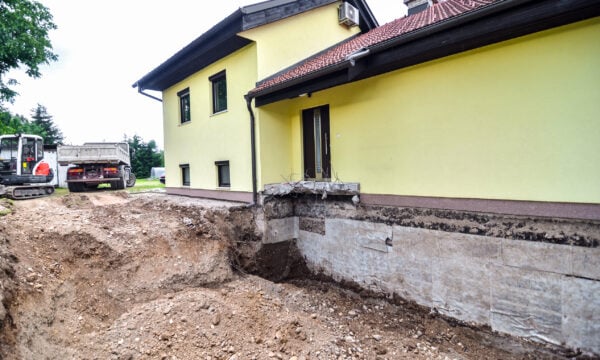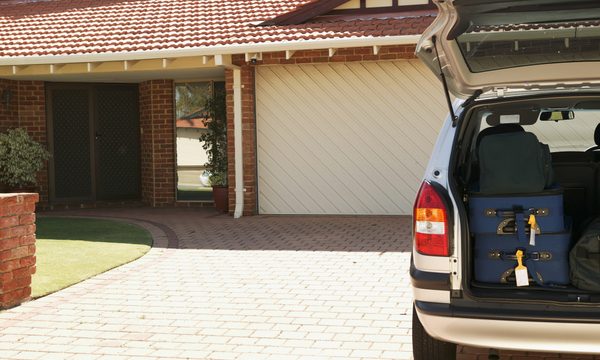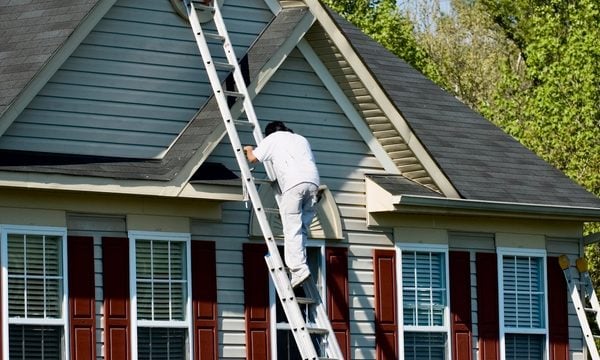A Guide to Garage Door Installation Cost
A garage door replacement costs between $750 and $5,500 on average, depending on material, style and size.

Some or all of the mortgage lenders featured on our site are advertising partners of NerdWallet, but this does not influence our evaluations, lender star ratings or the order in which lenders are listed on the page. Our opinions are our own. Here is a list of our partners.
The cost to replace a garage door is between $750 and $5,500, according to our home renovation cost calculator. Factors such as size, design and materials can contribute to the final price.
A single door made of a relatively inexpensive material like steel or aluminum will likely land on the lower end of the scale, while expenses for premium designs (such as a French or carriage style) and high-end materials (like faux wood or composite) can add up.
There are several ways to finance the bill, including home equity solutions, credit, refinancing and personal loans.
» MORE: Home renovation cost calculator
How much does a garage door replacement cost?
A standard single-car garage door is 8 feet to 10 feet wide, while a two-car garage door is 12 feet to 20 feet wide. Garage doors also come in various heights and thicknesses, and in general, the bigger they are, the more they cost.
Below are some common cost considerations that can affect the price, with typical estimates of what you could expect to spend for each type of door. Larger doors, doors made of premium materials and doors with high-end design styles will fall on the higher end of these ranges.
Door size
- One-car garage: $500-$2,500.
- Two-car garage: $750-$4,700.
- Three-car garage: $1,300-$7,000.
Design
- Standard panel: $300-$800.
- Tilt-up: $500-$1,200.
- Roll-up: $400-$1,500.
- Walk-through: $700-$5,500.
- French: $2,000-$5,500.
- Carriage: $1,000-$10,000.
Materials
- Steel: $600-$2,000.
- Aluminum: $700-$2,100.
- Wood: $700-$1,800.
- Fiberglass: $1,000-$2,100.
- Vinyl: $1,000-$2,600.
Advertisement
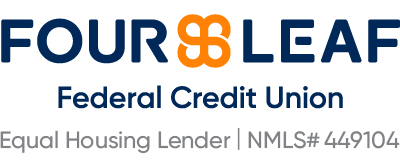
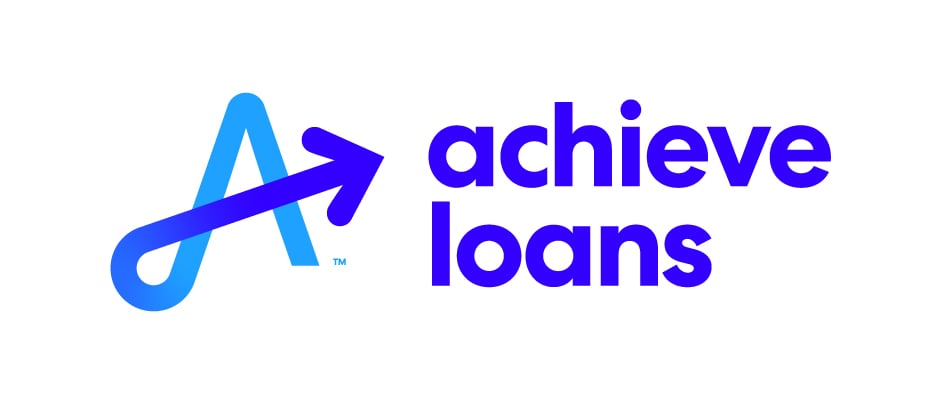

HELOC & Home Equity Loans from our partners

on FourLeaf Federal Credit Union
FourLeaf Federal Credit Union 

Min. credit score
670
Max. loan amount
$1,000,000

on Achieve
Achieve 

Min. credit score
600
Max. loan amount
$300,000

on Figure
Figure 

Min. credit score
600
Max. loan amount
$750,000
Additional garage door replacement cost considerations
Garage door opener
In addition to door replacement, you can expect to spend $125 to $850 to repair or replace a garage door opener.
Labor
Hiring a professional installer may cost about $200 to $500 of the total job, depending on your location and the complexity of the work. You may also need to hire an electrician, which typically costs $50 to $100 per hour.
Reasons for garage door replacement
- Your current door is damaged. Repairing an old garage door's tracks, springs and rollers can cost hundreds of dollars. If repairs are extensive, you may be better off getting a new door.
- You want to increase energy efficiency. If you want to conserve energy, a new garage door with extra insulation may be the answer.
- You want more curb appeal. A new garage door may improve the overall appearance of your home and could help to attract buyers if you’re planning to sell.
Article sources
NerdWallet writers are subject matter authorities who use primary,
trustworthy sources to inform their work, including peer-reviewed
studies, government websites, academic research and interviews with
industry experts. All content is fact-checked for accuracy, timeliness
and relevance. You can learn more about NerdWallet's high
standards for journalism by reading our
editorial guidelines.
More like this
Related articles



